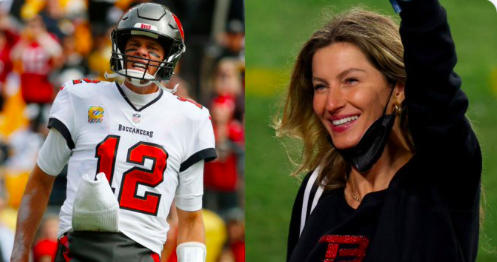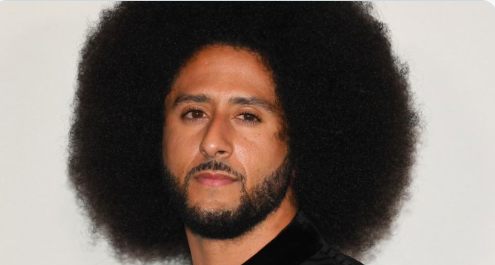Netflix has quickly become a hotbed for Hip-Hop documentaries and series. From Marvel Studios Luke Cage comic book offering to the coming-of-age tale, The Get Down, Netflix and chill takes on a completely different meaning for Hip-Hop fans.
I loved both of those shows but this thing right here, Hip-Hop Evolution?!
This is that first day of school fresh, and required viewing for any self-proclaimed fan of the culture.
Hip-Hop Evolution Season One traces the origins of the musical culture from the 1970s to the early 90s. Produced by Banger Films and hosted by emcee and journalist Shad Kabango, the docu-series takes you from 1520 Sedgwick Avenue in the Bronx to 1327 Carrillo Avenue in California, the Studio where NWA recorded Straight Outta Compton.
On this fantastic journey from Sugar Hill Gangs Rappers Delight to N.W.As F*ck Tha Police, even the most knowledgeable music fan will learn something new.
Season one consists of four episodes. The Foundation, The Underground to the Mainstream, The New Guard, and The Birth of Gangsta Rap.
Each episode unfolds with a knowledge info dump that can only be described as Hip-Hop for Dummies. The narration is on point. But the visual style and aesthetics run the show. Archived video footage and photos bring the tales of Hip-Hops origins to life like never before.
The real crown jewel here is that you also get the word straight from the sources.
Among the first-hand remembrances and accounts are those from DJ Kool Herc, Grandmaster Flash, Afrika Bambattaa, Russell Simmons, Kurits Blow, L.L. Cool J, Rakim, Big Daddy Kane, Ice Cube, Ice T, and the list goes on and on to the break of dawn.
Its extra dope to see Kool Herc talk about his first Hip-Hop party in August of 1973, where essentially everything began.
The holy Hip-Hop trinity – Herc, Flash, and Bambattaa – also represented the foundation, technique, and community that was, and is, the very building blocks and essence of the music and culture that would go on to permeate every aspect of American society.
The first episode is probably the most important. The directors do an excellent job of framing the burning of the Bronx, the gang culture that ruled the streets, and the transition from disco records to the break beats.
The story of how Kool Herc would loop the break of popular records, like innumerable James Brown cuts, to extend the groove gave me chills, man. The power of an idea can change the world, and this did. It was that technique that inspired Grandmaster Flash to simplify the process and pave the way for every DJ mixing records today!
I like to consider myself a very knowledgeable Hip-Hop fan, but I knew almost nothing about Coke LaRock. He mcd Hercs parties back then. Learning more about this brother, I felt like a little kid who was happy to go to the store for the big homies.
Why? I knew Id get to keep the change. Lesser known rap pioneers included the likes of Pigmeat Markham and even legendary radio DJ Frankie Crocker, in a roundabout way.
The later two episodes focus more on the emergence of the genre from the underground to mainstream. It also focuses on the evolution of the MC. One thing that made me grin like the Grinch that stole Hip-Hop is when DMC said that after he heard Rakim rhyme, he knew his own style of rapping was over.
Ive always said this about Rakim. He ended the Yes, Yes, Yall era.
With each episode clocking in around 45 minutes, Hip-Hop Evolution season one is a mandatory watch for Hip-Hop fans and those that wish to understand its beginnings. There is no excuse for a Lil Yachty or any other new school rapper to say they know anything about the rap game before the 2000s.
There are a number of individuals producing content that honors the legacy of our beloved Hip-Hop culture.
All we have to do is sit back and enjoy. Excellence! *Jadakiss Voice*



